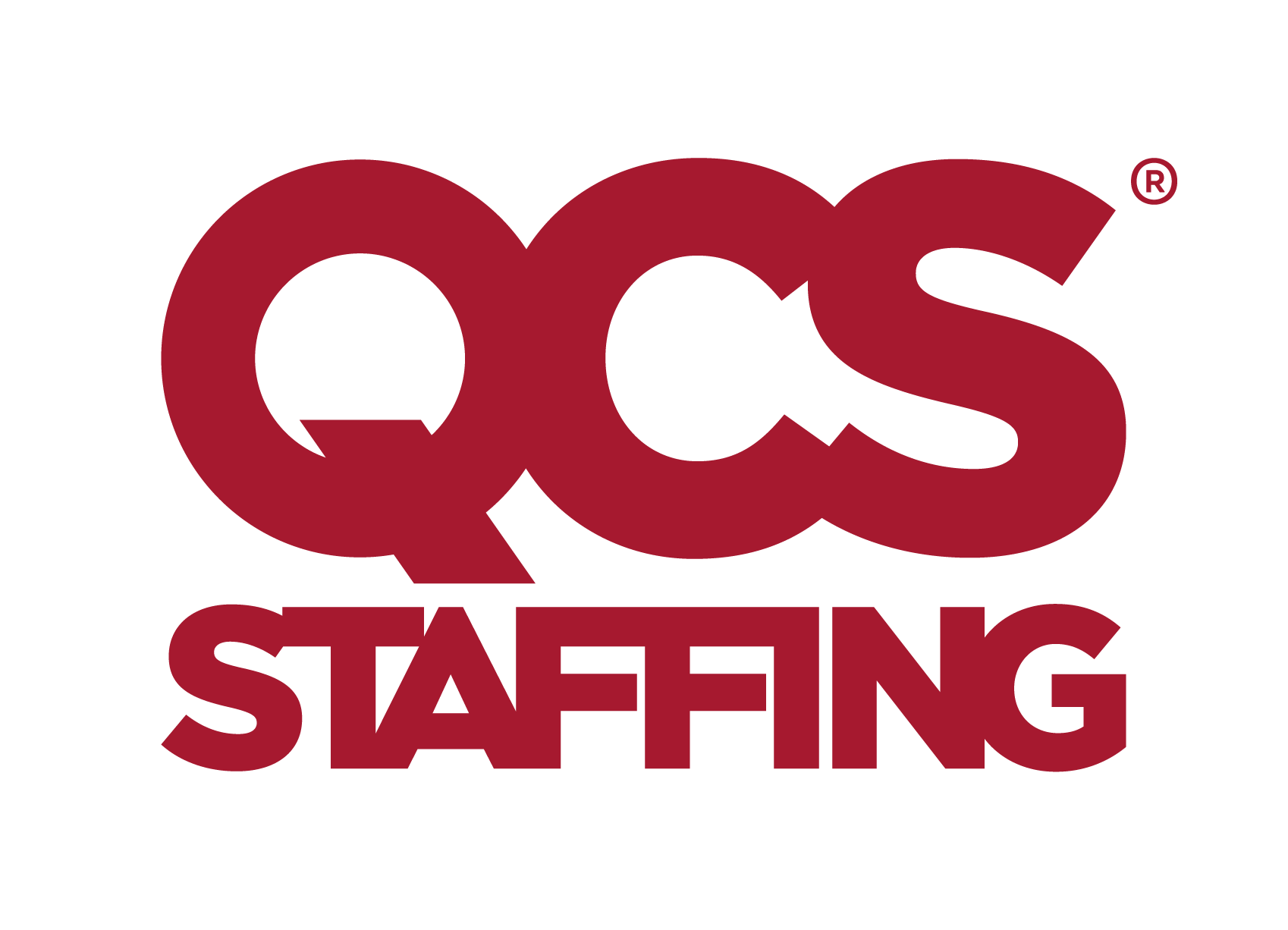Day in the Life of a Commissioning Engineer
Commissioning is a methodical, documented process to ensure that facilities, systems, and equipment meet established design requirements and stakeholder expectations. The commissioning process verifies the following: what was specified was installed; that it functions properly; and that it was successfully turned over to the user.
So, what is a commissioning engineer job? Commissioning engineers, also known as engineers or CQV engineers, main role is to inspect the equipment, facilities and any other aspect of an engineering project to ensure that it has been designed and installed correctly. To do so, they will frequently create reports, assist with technical issues, conduct testing procedures, and oversee the entire life cycle of the project. Commissioning engineers work in industries wherever engineering projects are involved. Here at QCS Staffing, we currently recruit commissioning engineer jobs for three industries: renewable energy, life science, and data centre & IT.
The engineering services market is growing and expected to register a CAGR of 8% during the forecast period, 2021 - 2026. This is, therefore, the perfect time to kickstart your career as a commissioning engineer!
Schedule
The work schedule of a Commissioning Engineer can vary, but
it often follows a standard 40-hour workweek. However, during critical project
phases, longer hours and occasional weekend work might be necessary to meet
deadlines. The role may also involve travel to different project and/or
supplier sites for engineering reviews, FATs (factory acceptance testing) etc,
which can be domestic or international, depending on the company's reach.
Day to Day Duties
Commissioning engineers play a vital role in the
construction and operation of complex systems, ensuring that everything
functions smoothly before they go into service. Their work spans various
industries, including manufacturing, energy, and construction.
Site Safety and Briefing:
Commissioning engineers prioritise safety upon arriving at
the project site. They ensure they have the required personal protective
equipment (PPE) and follow site-specific safety protocols. Before starting
their tasks, they typically participate in a crucial morning briefing with the
project team. This meeting serves to align everyone, ensuring that all team
members understand the day's goals and safety measures, emphasizing a
commitment to a safe work environment.
System Assessment and Documentation:
Commissioning engineers also assess project plans,
specifications, and client requirements. They thoroughly review project
documentation to gain a clear understanding of the project's scope and
objectives, ensuring they are well-prepared for the commissioning process.
Equipment Inspection, Testing, and Troubleshooting:
Commissioning engineers conduct a comprehensive inspection
of machinery, instrumentation, and systems to verify proper installation and
compliance with quality standards. They follow this with functional tests to
ensure that individual components or subsystems operate as intended. After
confirming individual component functionality, engineers proceed to integration
testing to ensure seamless coordination within the larger system.
Troubleshooting and
issue resolution include load testing to assess system performance under
varying conditions, evaluating system efficiency for optimisation
opportunities, and promptly identifying and resolving any problems or
discrepancies.
Effective collaboration and communication with other
engineering and project teams are essential throughout this process to ensure a
successful commissioning outcome. Safety compliance and communication play a
significant role, with commissioning engineers meticulously documenting the
entire process through detailed reports and ensuring that the systems they
commission adhere to safety regulations and standards, thereby promoting a
secure work environment.
Requirements for the roles
Commissioning engineers typically hold a bachelor's degree
in engineering or a related field. This educational foundation equips them with
the necessary knowledge to excel in their role. Experience requirements can
vary depending on the role; however, commissioning experience is always highly
beneficial for every role. There are also many soft skills which are important
for commissioning engineer jobs like: problem solving, communication,
documentation, project management, computer skills, regulatory knowledge,
adaptability, teamwork, and quality assurance skills.
Salaries
The salary of Commissioning Engineer jobs in the life science industry can vary based on experience, location, and company size. On average, engineers who are FTE’s can earn a salary of £36k, with the potential for higher earnings as experience and expertise increase. For those Commissioning Engineers who choose to go freelance contracting, then they can earn significantly more.
Employment Opportunities
The demand for commissioning engineers is on the rise, with
opportunities in industries like construction, manufacturing, energy, and more.
This demand is driven by a growing need for efficiency, quality, and safety in
industrial processes.
Find your next Commissioning Engineer job with QCS Staffing
At QCS Staffing, we are specialists in uniting people with life
changing industries like Life Sciences, Renewable Energy, and Data Centres and IT. All these industries require Commissioning Engineers, so if
this is a role or industry that interests you, get in touch with us
today!
Take the next step in your career and browse our latest
vacancies Commissioning, Qualification and Validation vacancies. If you can't find the role looking
for, sign up for job alerts and take advantage of our latest opportunities.






